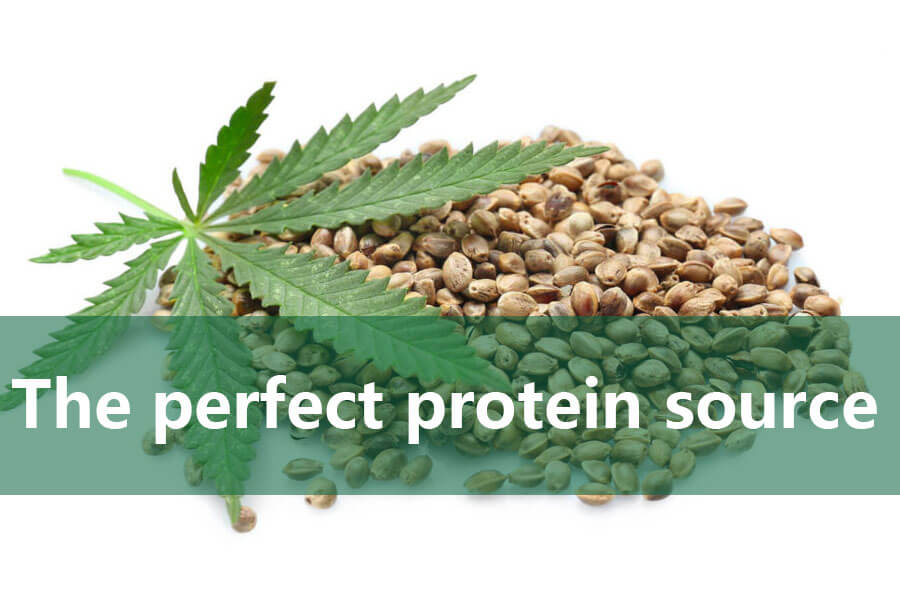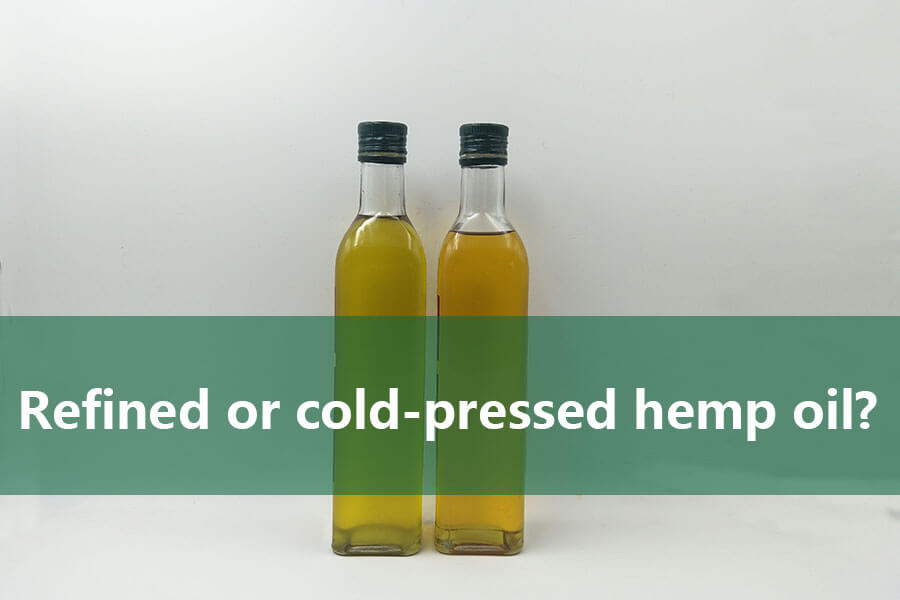Hemp, also known as industrial hemp, can be regarded by some as a controversial plant, but it does not need to be so.
The hemp plant is a hemp variety cultivated for its fiber and has no spiritual effect. Many cannabis varieties do not have the mental effects associated with cannabis. For thousands of years, this industrial hemp has been used as a source of fiber, oil, and important source of nutrients.
In terms of nutrition, hemp seeds are the most important part of the plant. The seeds can be eaten whole or without their shells. They can also be turned into milk similar to soy milk. Hemp seed oil can be used as edible oil like olive oil. Hemp protein is an excellent natural plant protein. If you want to enjoy some of the impressive health benefits of cannabis in your diet, you can even use cannabis seed supplements.
Health benefits
The vitamins, minerals, and nutrients in hemp seeds can provide some significant health benefits. For example, hemp oil is rich in vitamin E, which helps maintain immune system function. It also acts as an antioxidant, helping to reduce free radicals that can cause cell damage in the body.
In addition, real cannabis can provide health benefits such as:
Reduce the risk of heart disease
Adequate intake of healthy fats in your diet is important for keeping your heart and cardiovascular system healthy. Hemp seeds are rich in these healthy fats, including omega-3 and omega-6 fatty acids. Both of these fats can improve heart health by lowering cholesterol, blood pressure, and triglycerides. Adding hemp oil to your diet may reduce your risk of heart disease in the future.
Reduce the symptoms of premenstrual syndrome
Hemp oil is also rich in gamma-linolenic acid (GLA), which is related to reducing the symptoms of premenstrual syndrome. GLA seems to reduce the effect of prolactin on the body. Prolactin is generally considered to be the main cause of negative symptoms of PMS, especially breast tenderness, irritability, bloating, and depression. Hemp seed oil may be an important tool to help relieve these unpleasant symptoms.
Improve digestion
Fiber is essential for a healthy digestive system, and intact hemp seeds are an excellent source of soluble and insoluble fiber. Insoluble fiber helps increase stool volume and may be related to lowering the risk of bowel cancer. At the same time, soluble fiber acts as a prebiotic, providing nutrition for the “good” bacteria living in the intestine.
The combination of soluble and insoluble fiber in hemp seeds helps keep the digestive system running smoothly and prevents many common diseases such as constipation, ulcers, and hemorrhoids.
May help reduce eczema
The combination of omega-3 and omega-6 fatty acids in hemp is not only good for your heart. Early research suggests that adding hemp seed oil to the diet may help relieve the symptoms of eczema. The oil in hemp seeds seems to help balance lipids in the blood and reduce dryness and itching of the skin. Although more research is needed, substituting hemp seed oil for other types of oil in your diet may be a safe and simple way to reduce skin irritation.
Healthy source of plant-based protein
Protein is essential for the health of muscles and organs. Hemp seeds are one of the few plant foods that are considered “complete” protein, containing all the essential amino acids. Your body can also absorb hemp seed protein better than many other plant-based proteins. If you choose to follow a plant-based diet, adding hemp seeds to your food is a quick and easy way to get more protein.
Quantity and dosage
Hemp seeds are not a low-calorie food. A serving of 3 tablespoons of hemp seeds contains 166 calories. It is important to pay attention to your calorie intake to maintain your weight. Eating one or two servings of cannabis seeds every day can help you reap the benefits of these nutrient-rich seeds while still eating a well-rounded diet.


